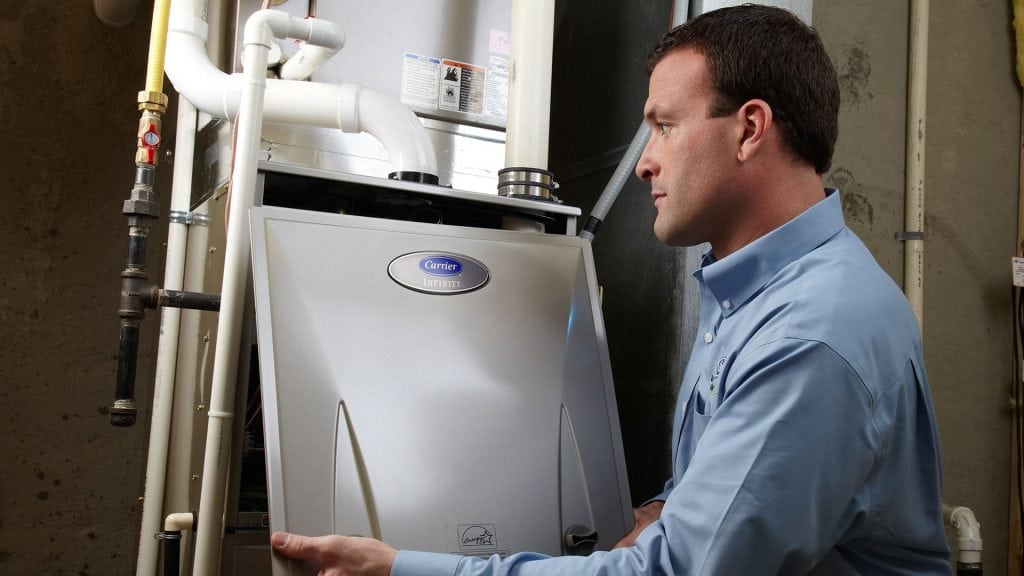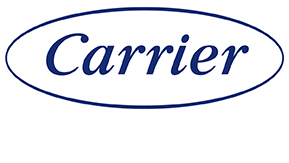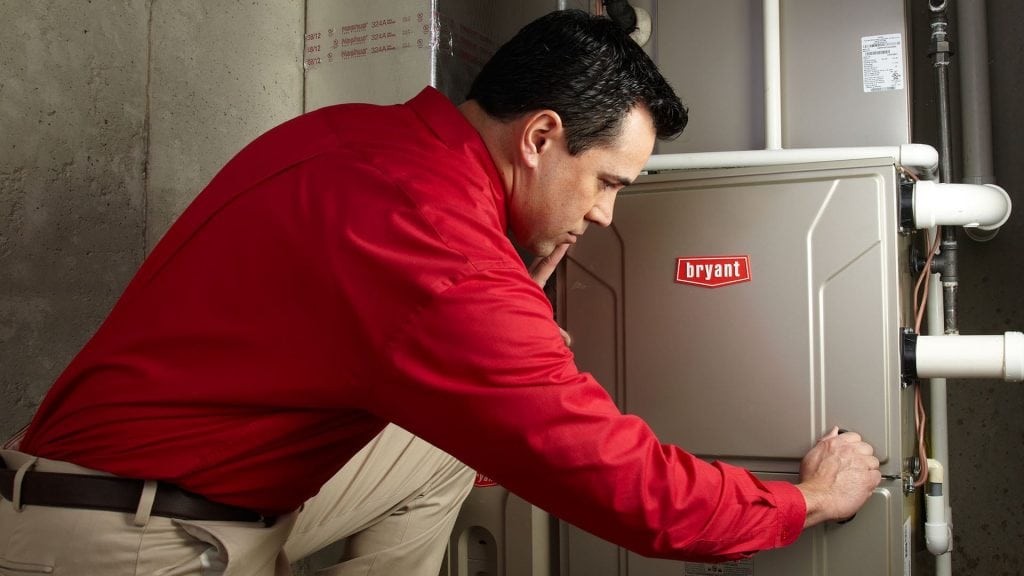Heating, ventilation and air conditioning (HVAC) units use air filters to keep dust and other airborne particulates that affect operation from entering the system. Air filters also keep pollutants from being expelled into the air that you breathe. A clean filter is essential to the efficient operation of any air conditioner.
Several
types of AC filters are available. Some merely capture dust to keep the system working properly. Others trap smaller particulates that affect indoor air quality. Depending on the efficiency of the filter, pollutants like bacteria, mold spores, pollen and insecticide dust are trapped.
The scale of measurement for the effectiveness of filters is called MERV, which stands for minimum efficiency reporting value. The scale, designed by the American Society of Heating, Refrigerating, and Air Conditioning Engineers (ASHRAE), is used as the standard for evaluation of filter efficiency for the industry. Values range from 1 to 16. Higher values capture smaller-sized and a greater number of particulates. Higher-rated MERV filters are almost as effective as HEPA filters without impeding air flow.
MERV Ratings
MERV filters rated between 1 and 4 capture particles down to 10 µm in size, including insect parts, carpet and textile fibers, pollen and dust mites. Filters in this range are either disposable panels made of fiberglass or synthetic media or permanent, washable panels made of foam or aluminum mesh. Lower-rated MERV filters are often used on window units.
Filters rated between 5 and 8 capture particles down to 3 µm in size, including mold spores, dust mite body parts, insect droppings, pet dander and hair spray. Efficiency rates increase as filter ratings increase, with MERV 8 filters capturing up to 70 percent of airborne pollutants within this size range. Filters in this range may be permanent, either pleated filters between 1 and 6 inches thick or cartridge filters, or disposable synthetic media panels. Filters with ratings between 5 and 8 are used in both residential and commercial settings.
Filters rated between 9 and 12 capture airborne particles down to 1 µm, including Legionella and other bacteria, auto emission particles and lead dust. MERV 12 filters capture up to 90 percent of particulates down to 1 µm. Filter types include extended-surface pleated filters between 1 and 6 inches thick or box-style cartridge filters up to 12 inches deep. Filters in this range are used in residences, commercial buildings and laboratories.
How to Maintain Good Indoor Air Quality
When an HVAC professional recommends an AC filter, you may want to discuss the level of indoor air quality that is best for you and your family. The professionals affiliated with AC Southeast® are certified by North American Technician Excellence (NATE) in core competencies and specialties. Our contractors are trained to evaluate the unique needs of each building and recommend appropriate solutions for indoor air comfort and health.
No matter what type of filter you choose for your air conditioner, keeping it clean is important. Dirty air filters are the primary reason that units require repair. Cleaning also ensures that pollutants are not re-circulated into the air you breathe. Our contractors are Carrier® and Bryant® Factory Authorized Dealers and can help you select not only air filters but other
indoor air purification products to keep your air fresh and clean. At AC Southeast® we put customer satisfaction first. Our products come with authorized factory warranties and guarantees. Some are eligible for federal or local rebates as well.




